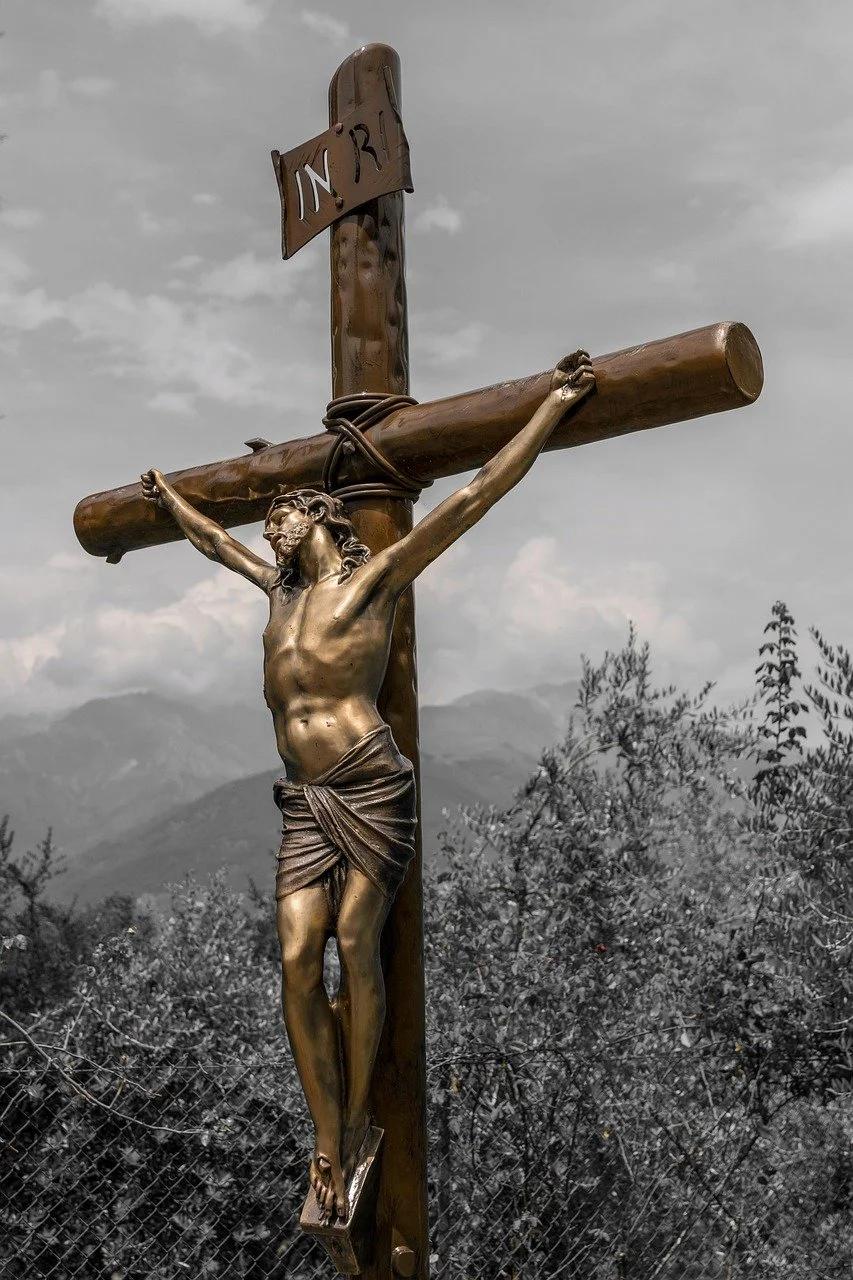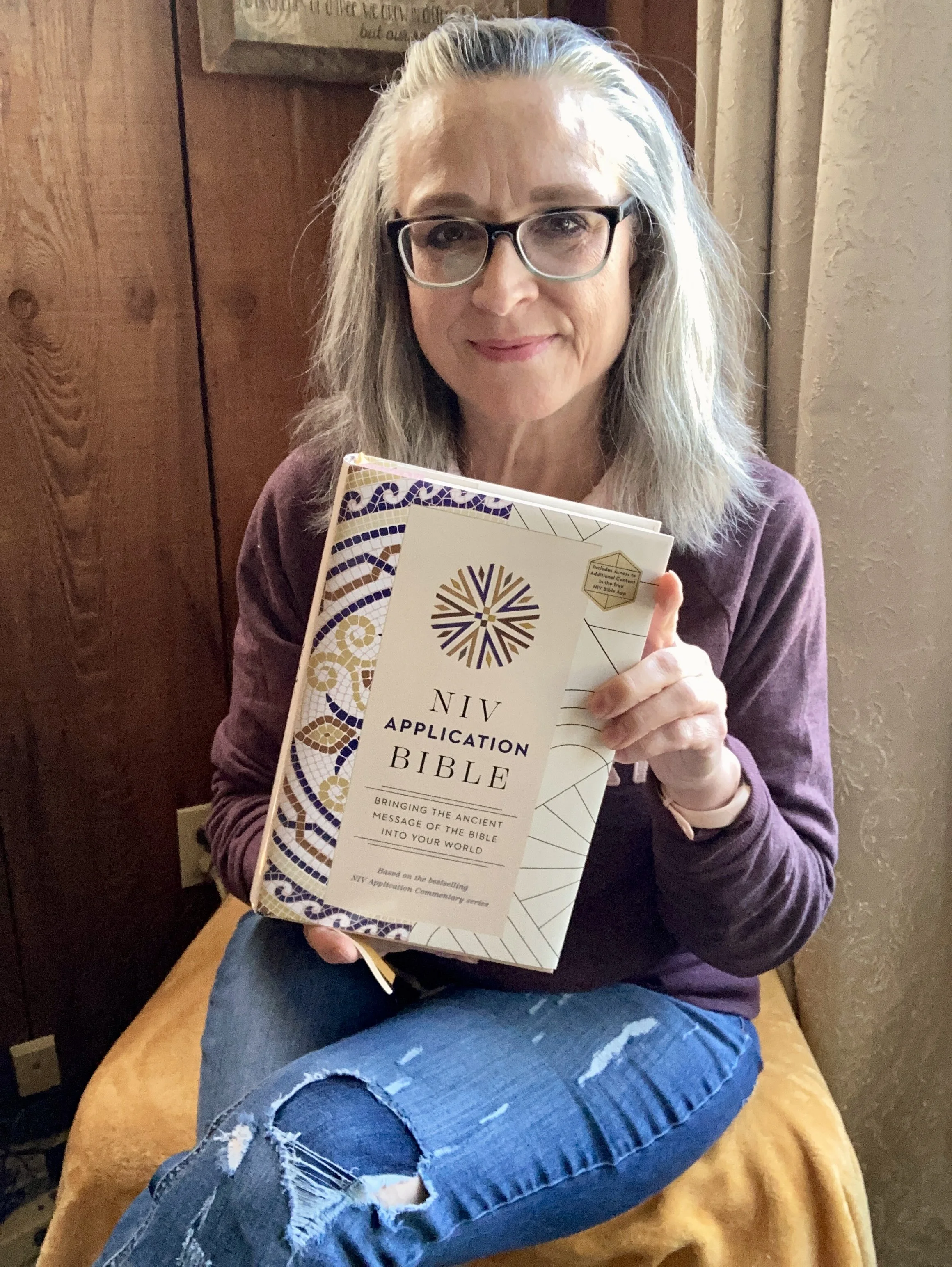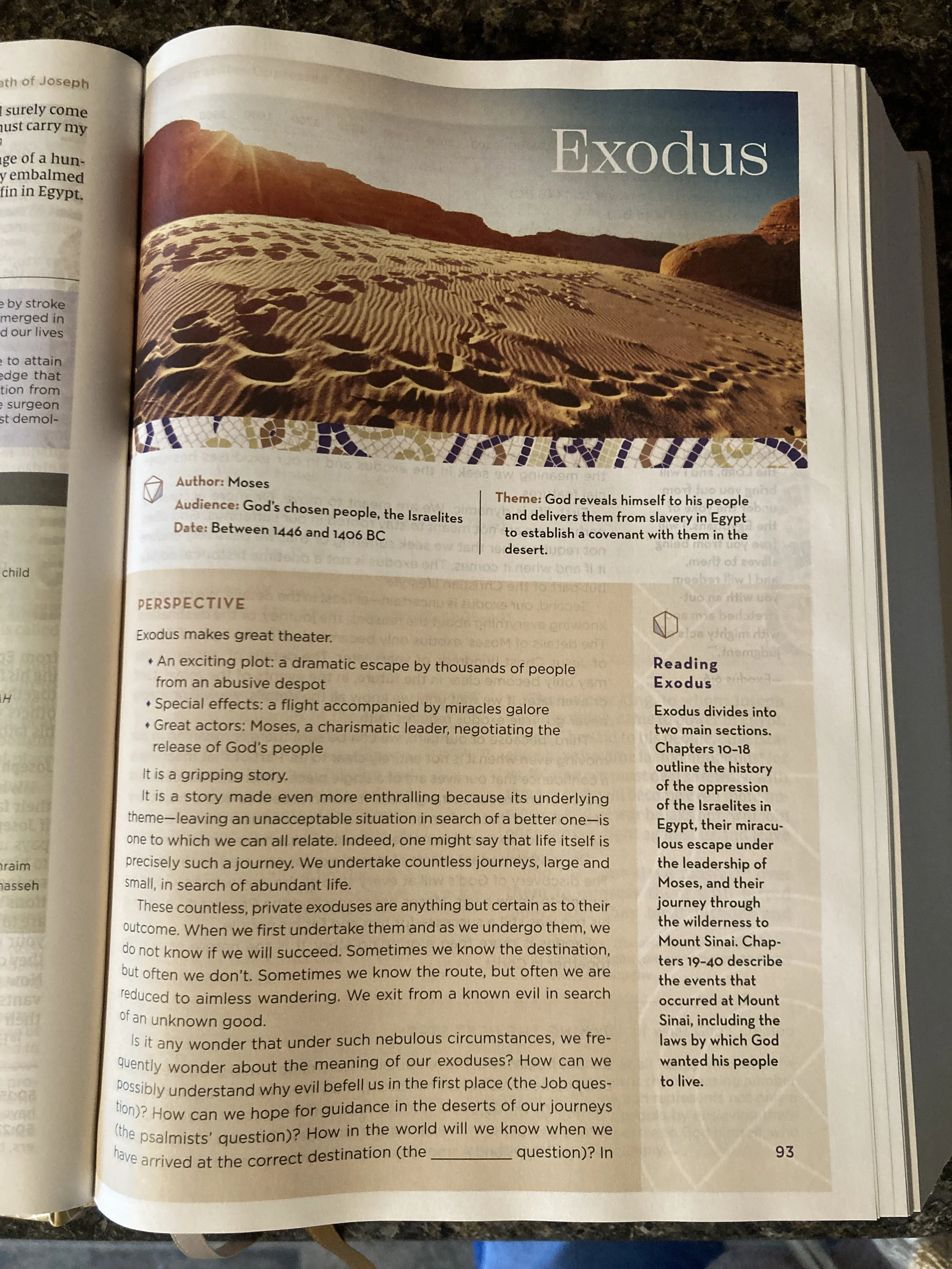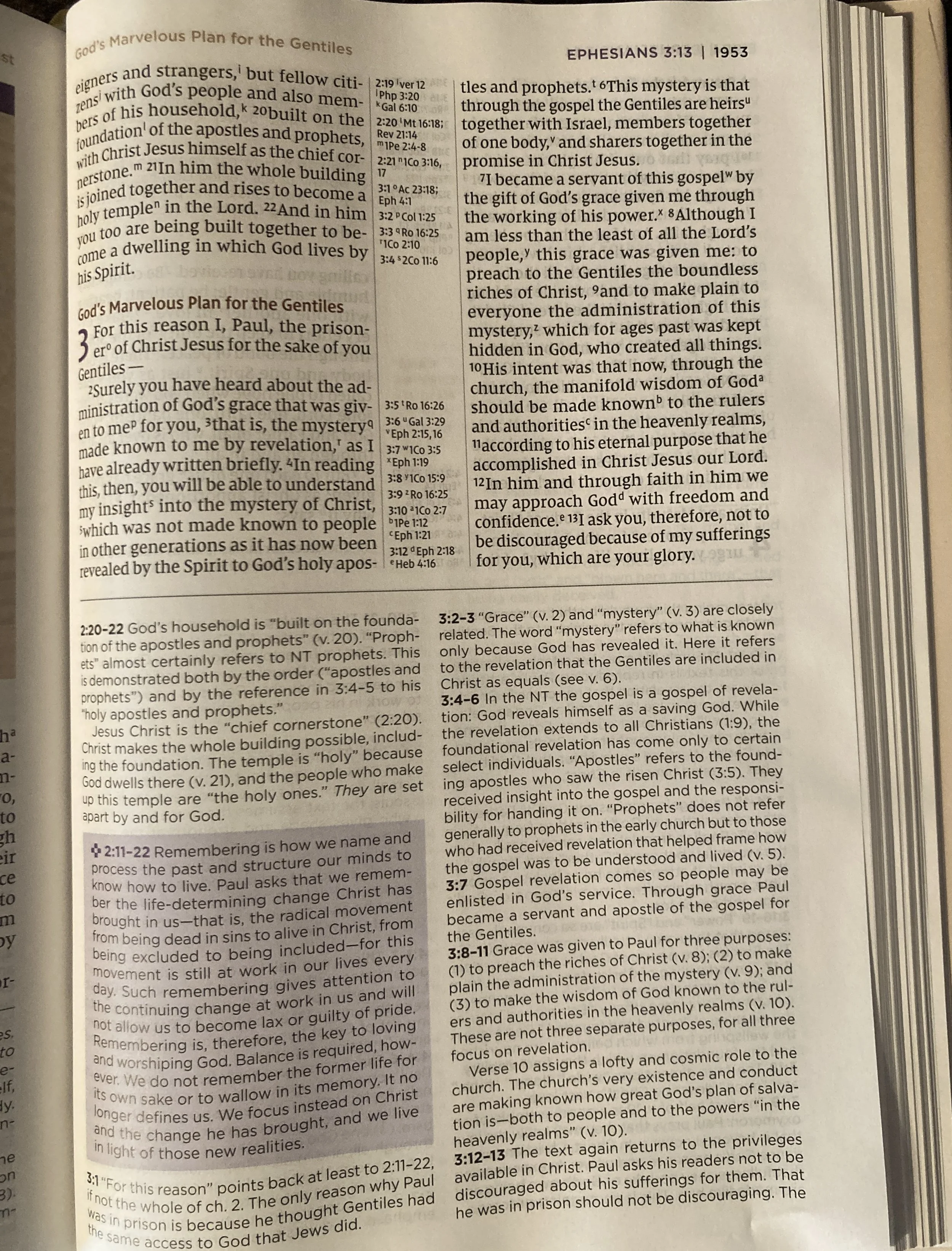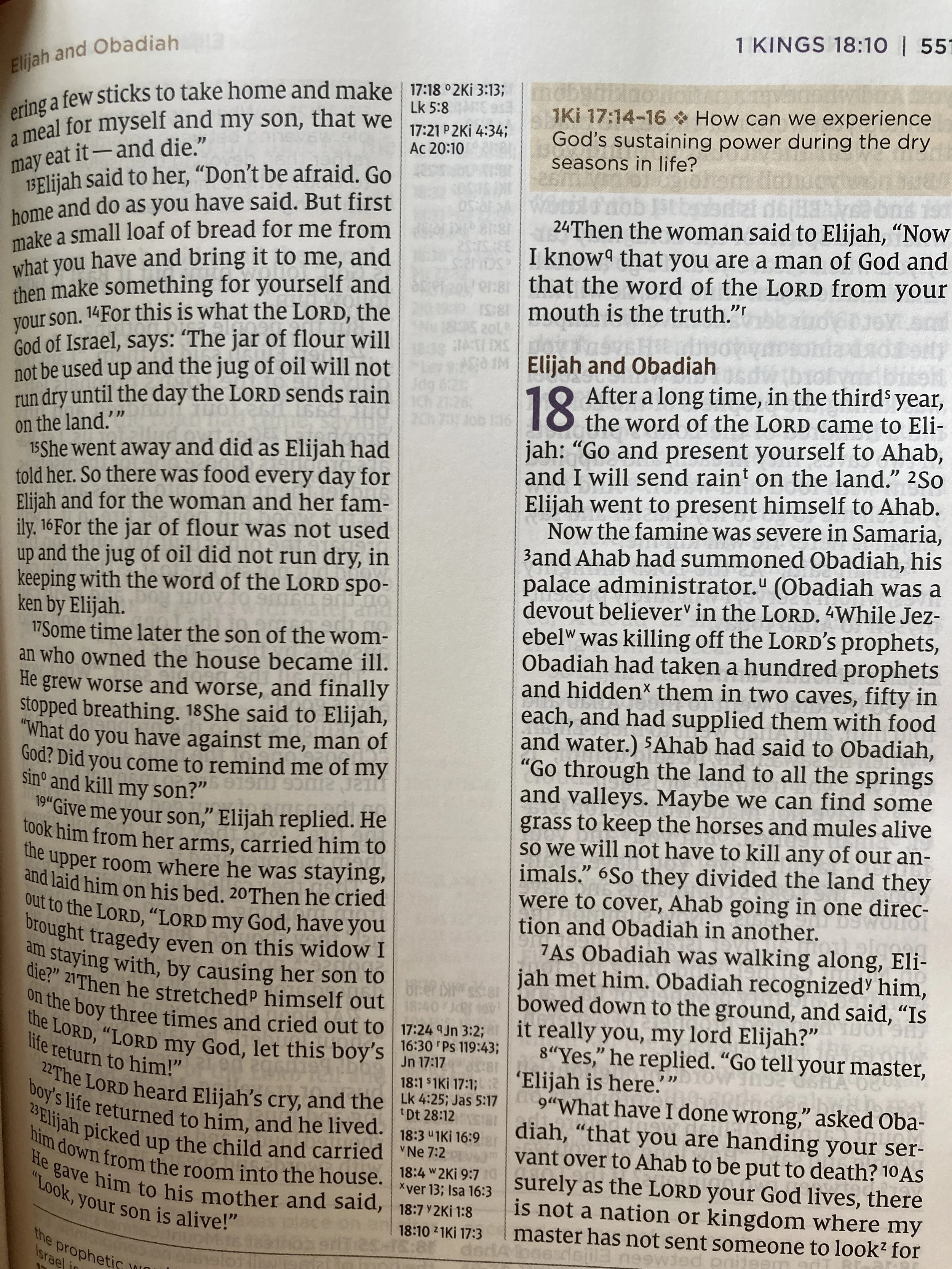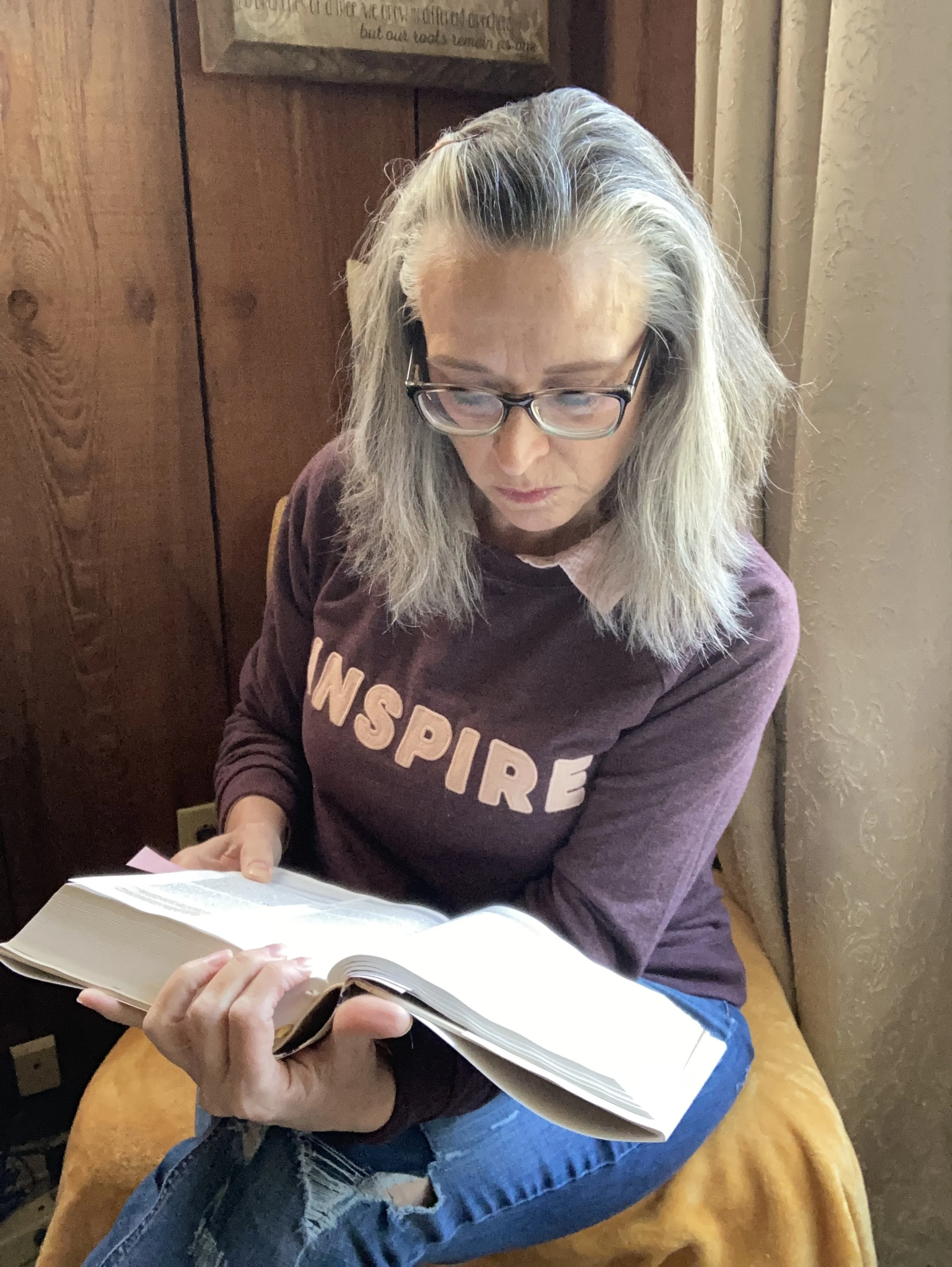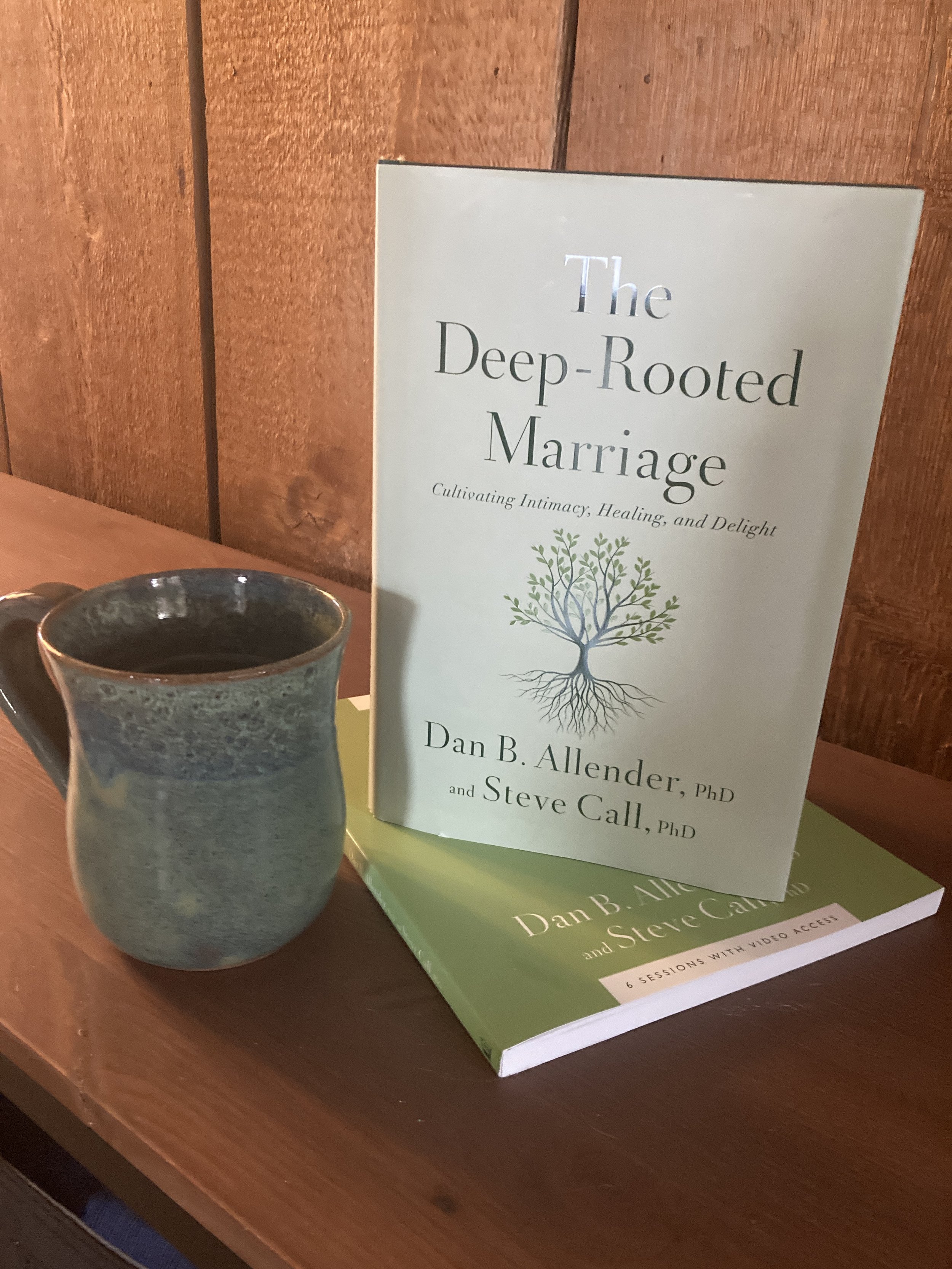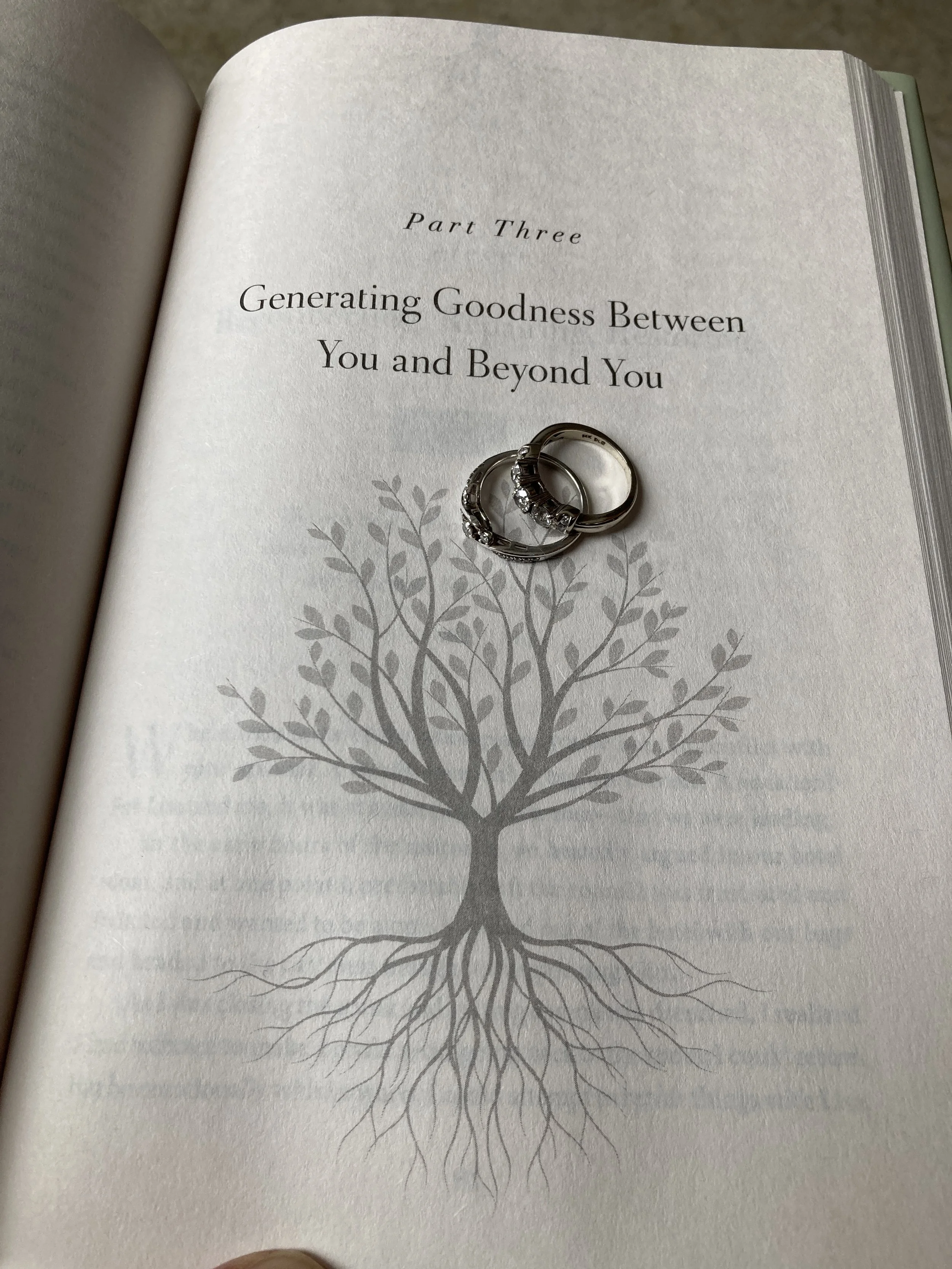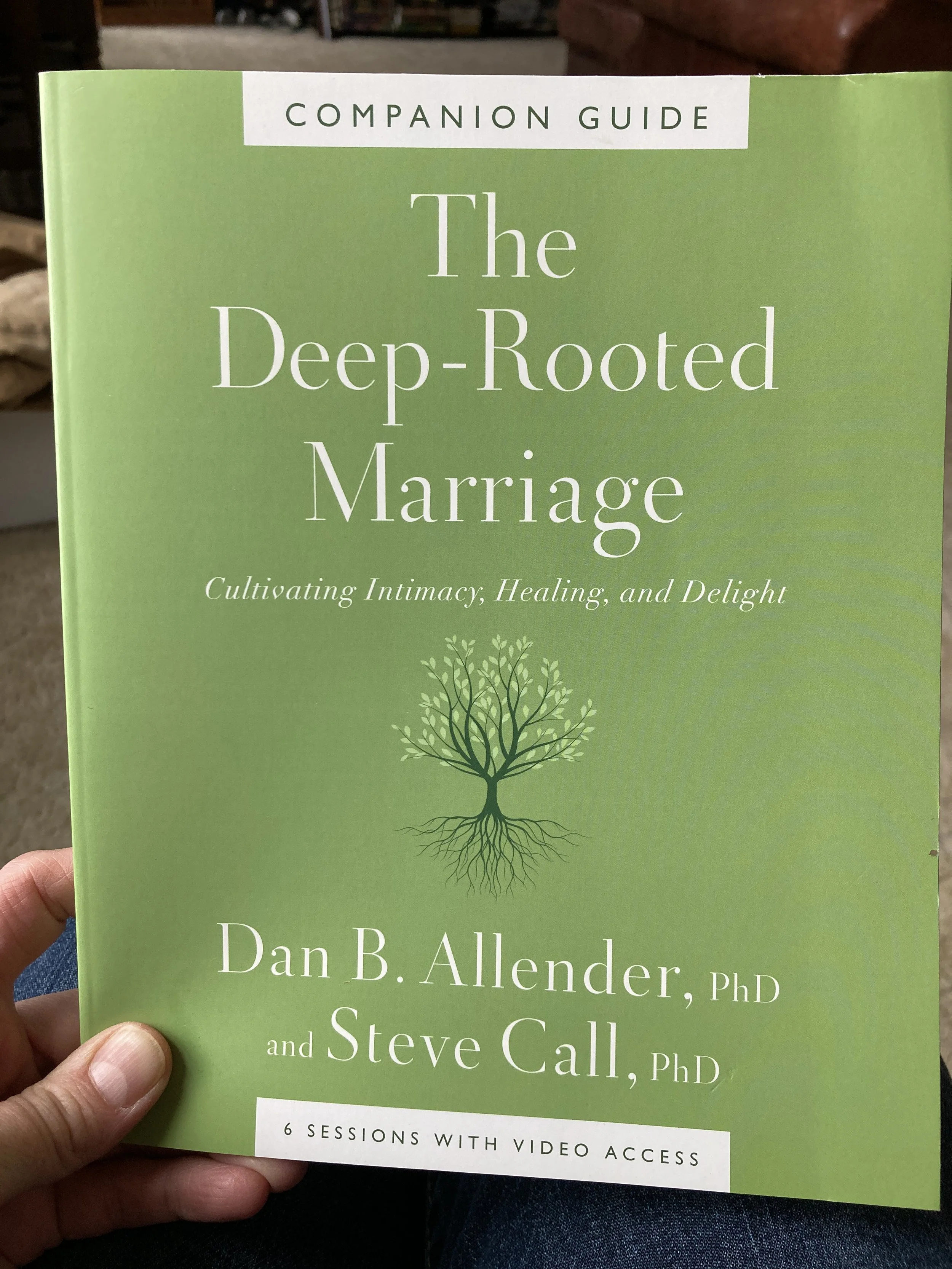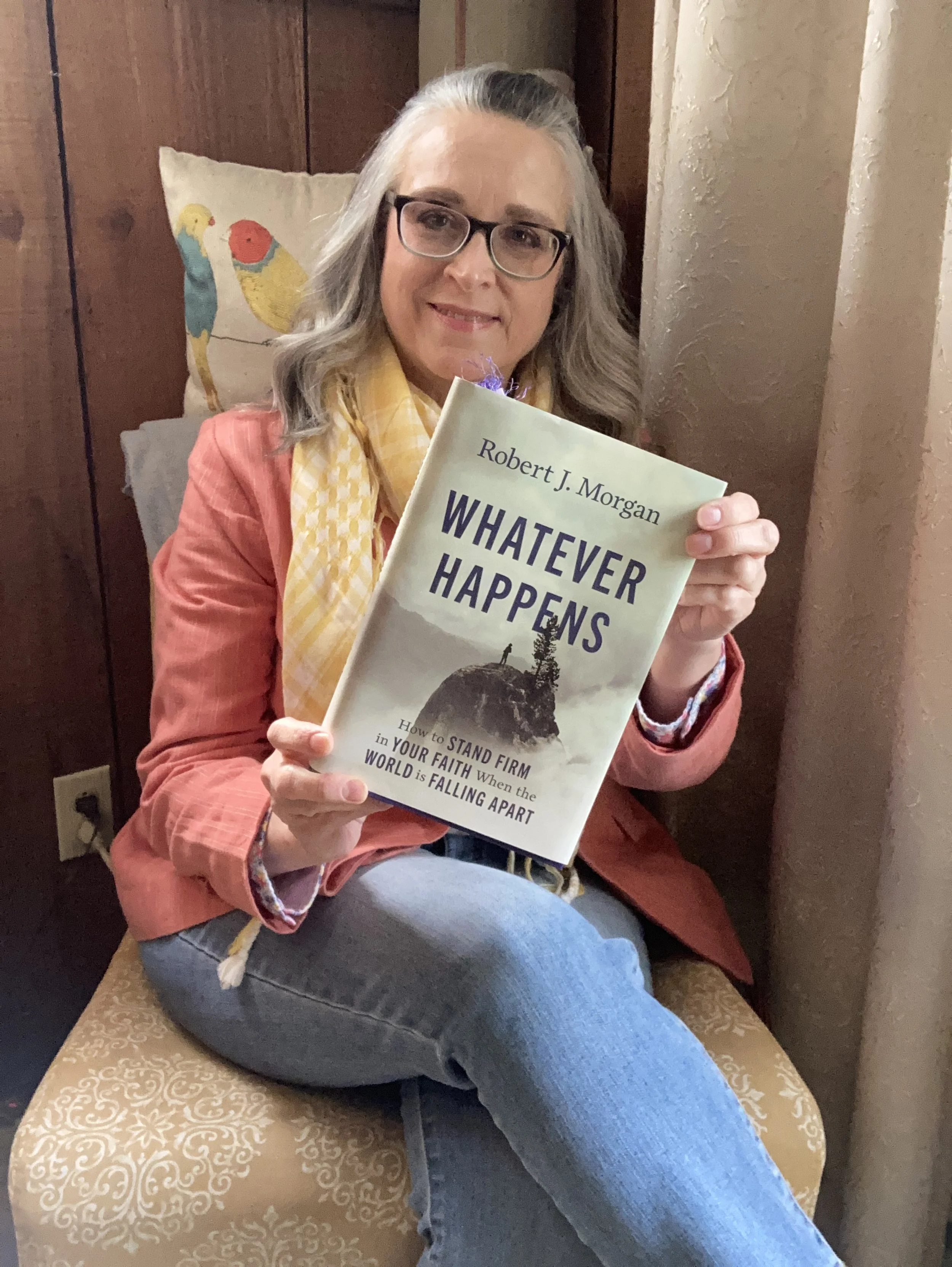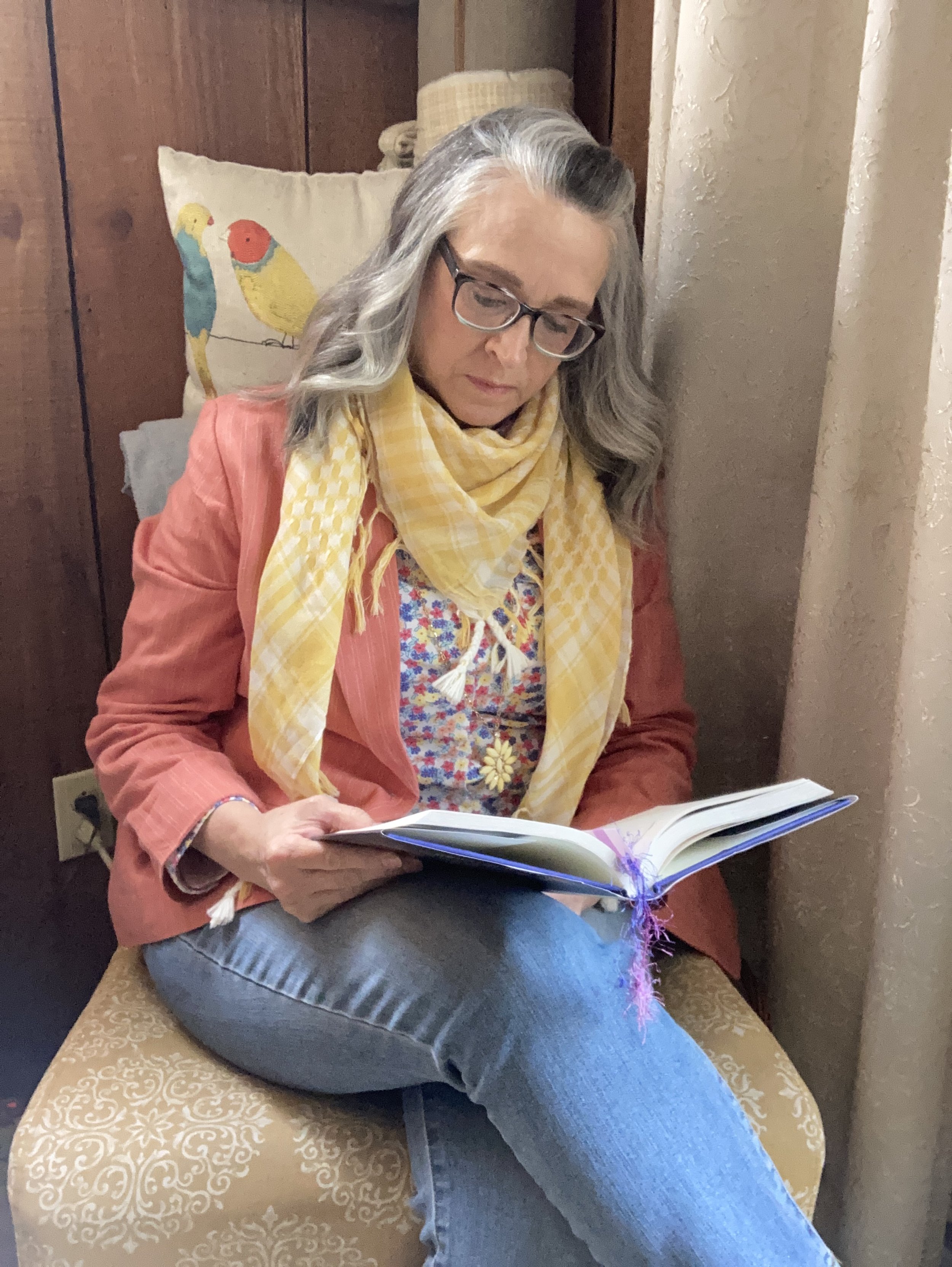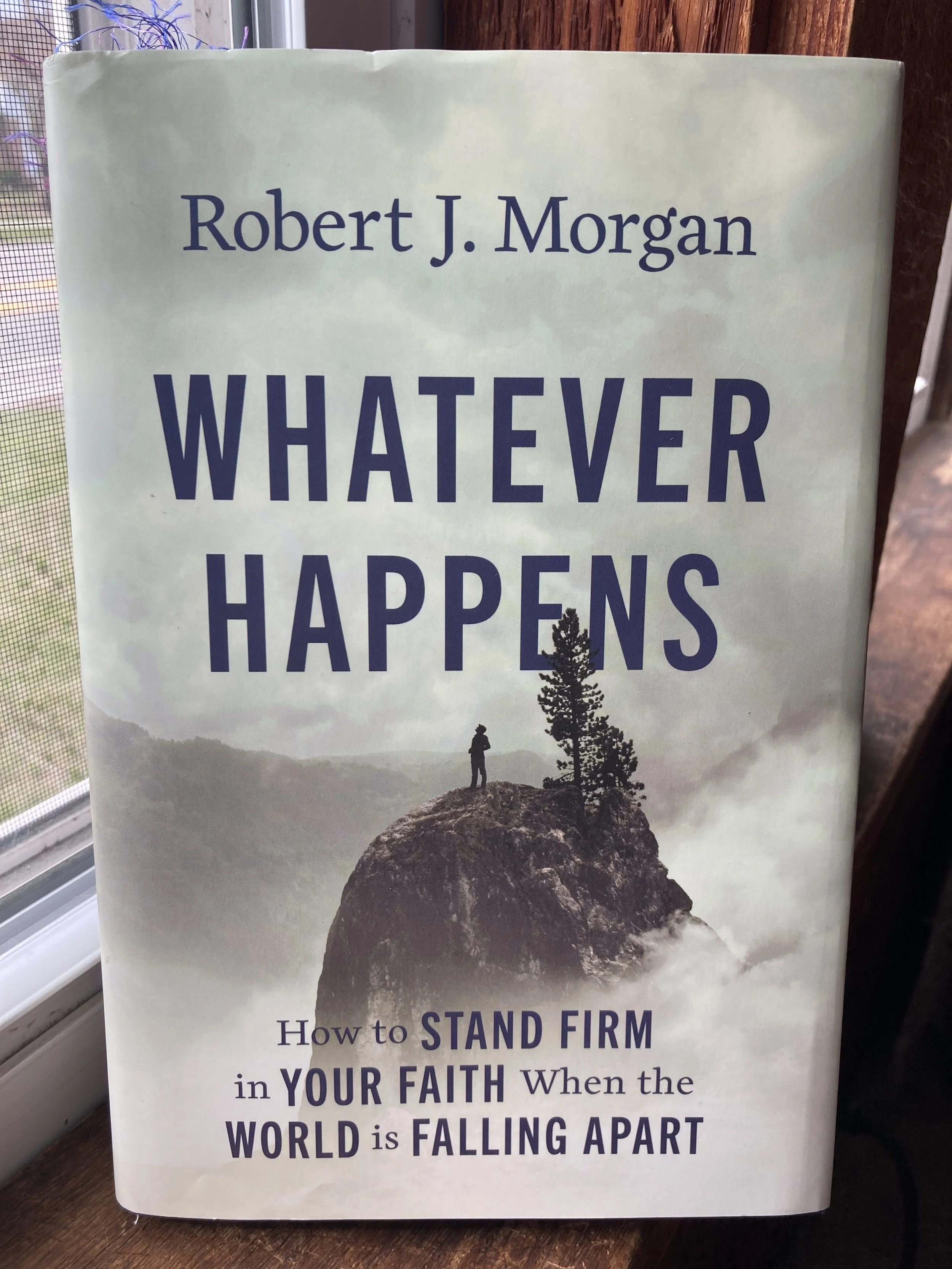Faith Musings: Nothing to Boast About: Part 7
We have been looking at verses from I Corinthians 1 and 2. We have learned that the cross of Christ, born of God’s wisdom for a sinful world, is seen as foolishness to the very humanity it is able to save. We have also learned that God does not think as we think. He uses the very things we see as foolish and ridiculous to save the lost and confound the wisest individuals. In addition we have discovered God’s intention in choosing the foolish and weak things of the world was to remind us that without him we are nothing. We were created to be a reflection of His glory and every one of us bears His image.
Image by EmilyNumen from Pixabay
Last time, we began learning about the Holy Spirit’s part in our lives and in the work of revelation of God’s truth. Paul, himself, who determined to “know nothing…except Jesus Christ, and Him crucified,” recognized it was the Holy Spirit and His power that gave his preaching the desired outcome of people coming to know Jesus. We also learned it is God, through the Spirit, who reveals His truth to us, for it is His Spirit that searches and knows the very depths of God.
“10 For to us God revealed them through the Spirit; for the Spirit searches all things, even the depths of God.
11 For who among men knows the thoughts of a man except the spirit of the man which is in him? Even so the thoughts of God no one knows except the Spirit of God.
12 Now we have received, not the spirit of the world, but the Spirit who is from God, so that we may know the things freely given to us by God,
13 which things we also speak, not in words taught by human wisdom, but in those taught by the Spirit, combining spiritual thoughts with spiritual words.
14 But a natural man does not accept the things of the Spirit of God, for they are foolishness to him; and he cannot understand them, because they are spiritually appraised.
15 But he who is spiritual appraises all things, yet he himself is appraised by no one.
16 For who has known the mind of the Lord, that he will instruct Him? But we have the mind of Christ.”
I want to take a closer look at the next two verses in this passage.
For who among men knows the thoughts of man except the spirit of the man which is in him?
There are individuals who claim to be able to read our minds. They may have some sort of ability, but it is most likely they are extremely intuitive and can read people through their actions, words, body language and facial expressions. The point of the above question is that no one can truly know what is inside of us except our own spirit, or our own being.
Today it seems that many people do not even have that knowledge or understanding. People read books, listen to podcasts, go to psychiatrists, psychologists and others to help them understand themselves and even decipher what they are thinking. It seems to me, the further we have grown in the areas of knowledge and understanding the less we really know. Knowing these limitations is there any doubt that we cannot fully know or understand the Holy God?
Even so the thoughts of God no one knows except the Spirit of God.
God is so far beyond our ability to truly understand, and our earthly wisdom, as we have seen already, is foolishness when it comes to knowing Him. However, God’s Spirit, the Holy Spirit, this same one who becomes part of us when we give our lives to Christ, He knows the thoughts of God.
You see, the Holy Spirit is not just the after thought of the God head when Jesus knew his ascension was soon to take place. The Holy Spirit is a living and active part of the trinity.
He was there at the beginning:
“1 In the beginning God created the heavens and the earth.
2 The earth was formless and void, and darkness was over the surface of the deep, and the Spirit of God was moving over the surface of the waters.”
He was involved in human industry:
“1 Now the Lord spoke to Moses, saying,
2 “See, I have called by name Bezalel, the son of Uri, the son of Hur, of the tribe of Judah.
3 I have filled him with the Spirit of God in wisdom, in understanding, in knowledge, and in all kinds of craftsmanship,
4 to make artistic designs for work in gold, in silver, and in bronze,
5 and in the cutting of stones for settings, and in the carving of wood, that he may work in all kinds of craftsmanship. ”
He was involved in governance:
“16 The Lord therefore said to Moses, “Gather for Me seventy men from the elders of Israel, whom you know to be the elders of the people and their officers and bring them to the tent of meeting, and let them take their stand there with you.
17 Then I will come down and speak with you there, and I will take of the Spirit who is upon you, and will put Him upon them; and they shall bear the burden of the people with you, so that you will not bear it all alone. ”
See also the book of Judges as well as I Samuel 16:13.
The Holy Spirit was also regularly involved in prophecy, coming on whomever the Lord willed and speaking through them to those who needed to hear the prophetic word. This third person of the Triune God has been busy from the beginning of our world, and it is He who knows the thoughts of God.
Now we have received, not the spirit of the world, but the Spirit who is from God…
Note there is a difference between the spirit of the world, and the Spirit from God. The spirit of the world is not seen as a proper noun, and it has to do with the mindset and attitude prevalent in the world. This mindset is anti-God, and moves to create a culture that is only set on serving itself.
On the other hand, the Spirit of God is completely in tune with the Father and the Son. He moves with them, agrees with them and is in complete communion with them. Jesus told us we would receive this helper. This Holy Being is the one we receive when we give our hearts and lives to Jesus. Isn’t that just mind blowing?
“26 But the Helper, the Holy Spirit, whom the Father will send in My name, He will teach you all things, and bring to your remembrance all that I said to you.”
Why did the the triune God head make this choice to send this helper?
…so that we may know the things freely given to us by God.
We would be in error to say God does not love us, care for us, or want to be intimate with us. He gave us One who knows Him. He gave us a part of Himself; a part that knows His very depths. Without this amazing helper we cannot know God. No matter how much head knowledge a person develops over time; no matter how much historical date a person can dredge up, there is only one way to truly know God, and that is by believing in the work of Jesus Christ and by receiving the Holy Spirit.
We will look a bit more at this work of the Holy Spirit in our lives next time. Until then, keep fanning the flame!











